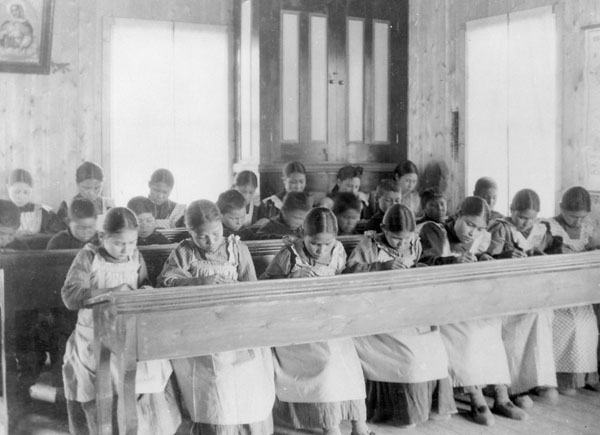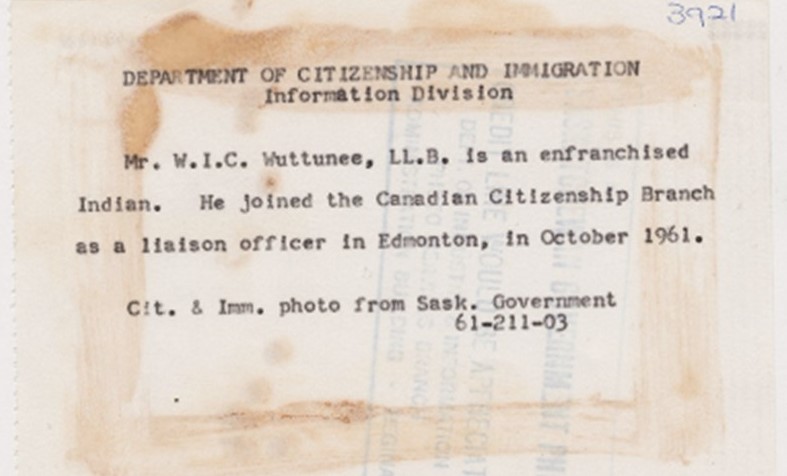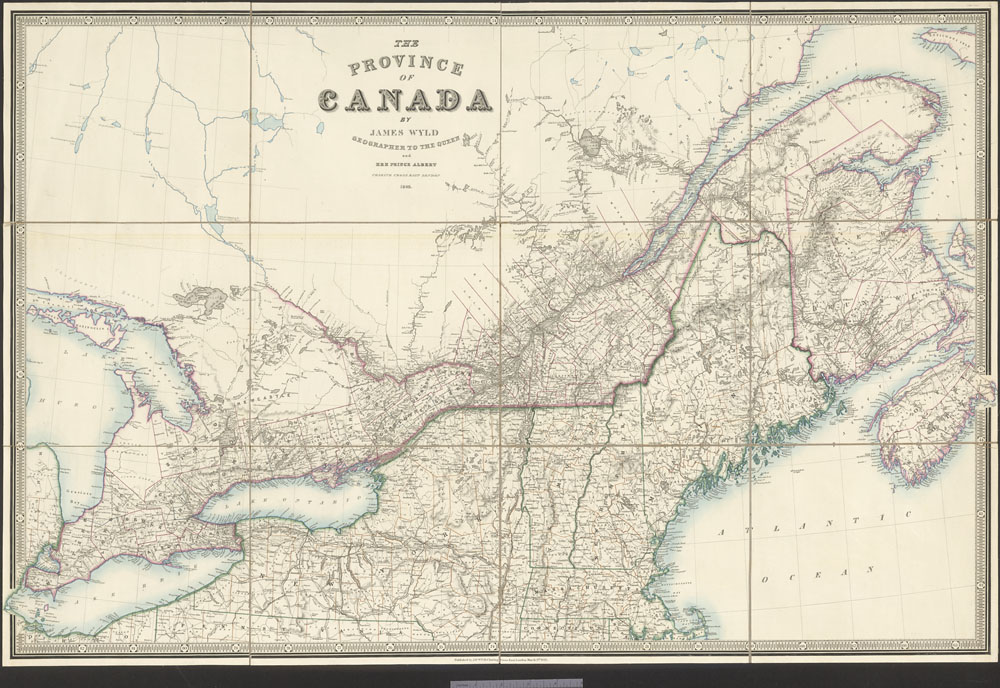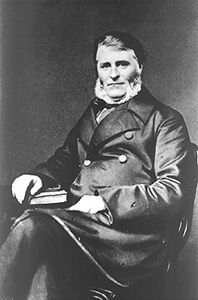Article
Gradual Civilization Act
An Act to Encourage the Gradual Civilization of the Indian Tribes in the Province was passed by the fifth Parliament of the Province of Canada (formally Upper Canada and Lower Canada) in 1857. The Gradual Civilization Act, as it came to be known, was part of a state effort to use government policy to assimilate Indigenous peoples to the economic and social customs of European settler society.










